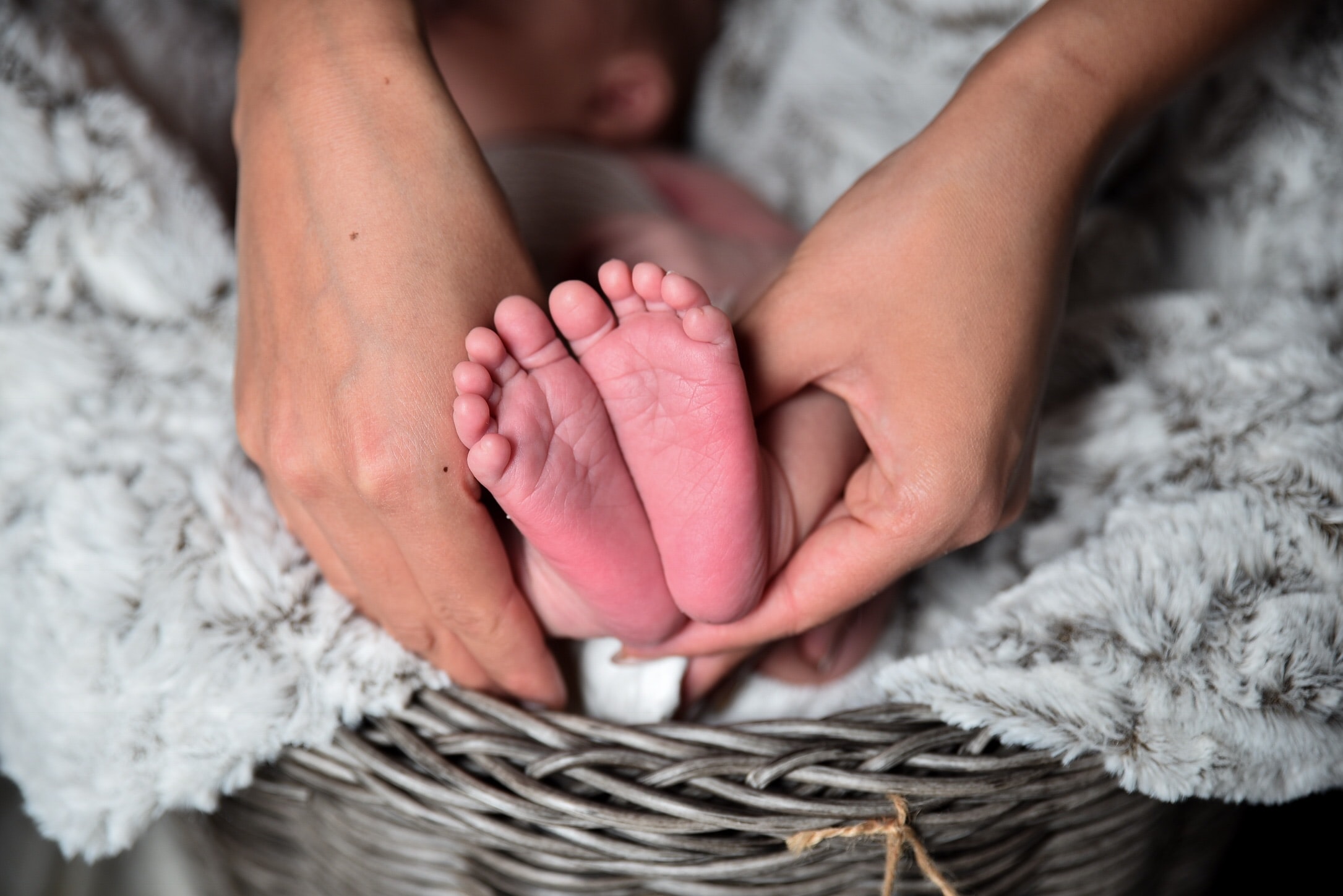Australia’s maternal health system financing is inequitable, resulting in those that cannot afford private obstetric care subjected to little to no care at all. For a developed nation Australia’s Out-of-pocket expenditure is one of the highest despite Medicare, their universal health insurance scheme in place for over three decades.
The divide in maternal healthcare arises as it is financed by both public and private sources. While the Federal Government funds maternal health services through the Medicare Benefit Schedule (MBS) and the Pharmaceuticals Benefit Scheme (PBS), wealthier, urban, non-first Nations women usually go for private care because they can afford it.
This research article by Haylee Fox, Stephanie M. Topp, Emily Callander and Daniel Lindsay published in Biomedical Central aims to understand how the maternal health system in Australia is financed, how funding is secured and examine these mechanisms for funding, pooling and purchasing maternal health care. It relates the findings to the inequity this creates among women and children of varying financial capacities in the Pacific nation.
Read the entire article here.
Image credits: Unsplash/ Eric Froehling


